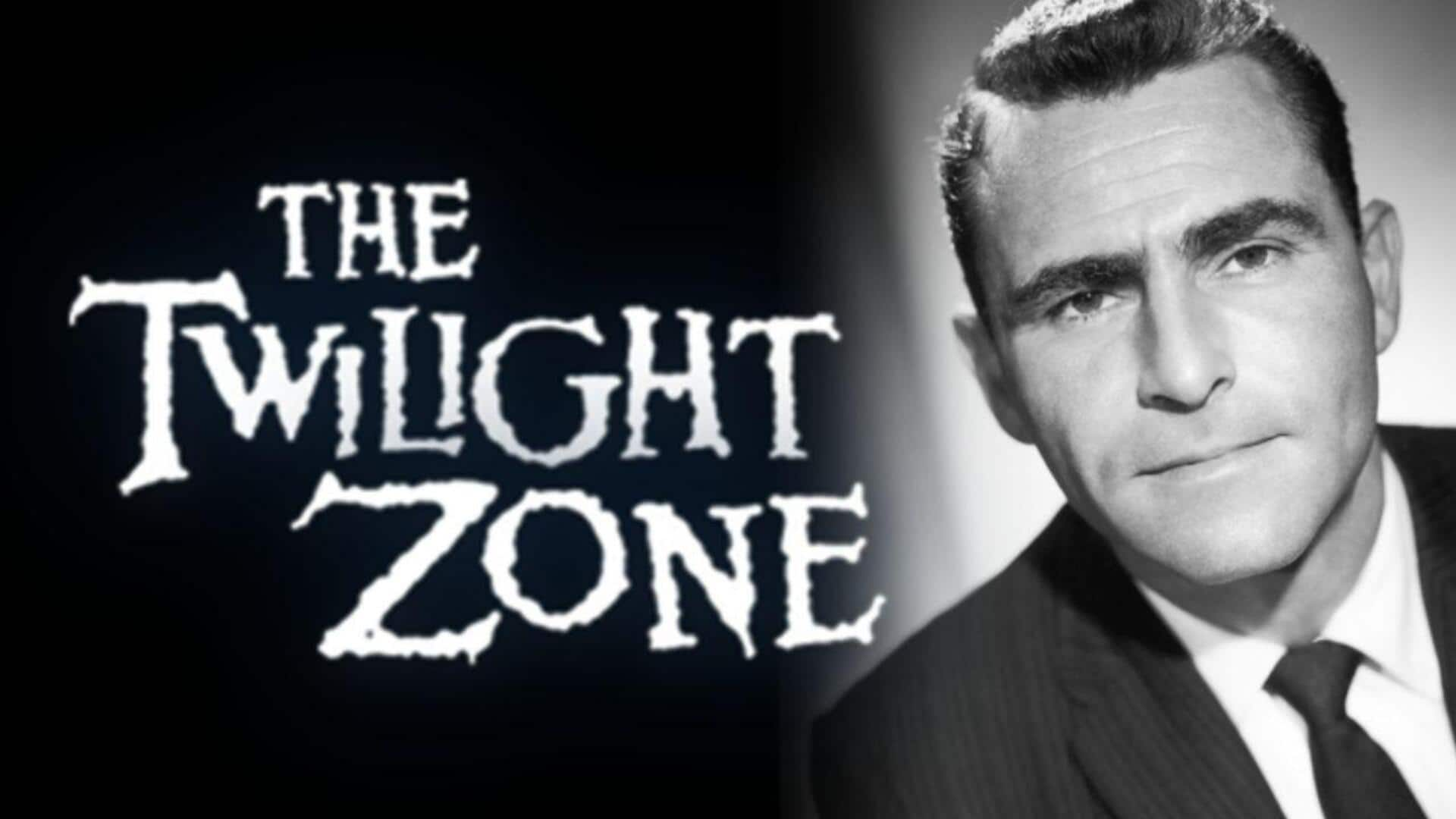
5 mind-bending facts about 'The Twilight Zone'
What's the story
The Twilight Zone is a classic that has kept audiences hooked with its quirky storytelling and unexpected twists. Created by Rod Serling, the show first aired in 1959 and soon became a cultural phenomenon. Its mixture of science fiction, fantasy, and mystery kept viewers captivated for years. Here are five interesting behind-the-scenes facts about the iconic series, showcasing its innovative production and legacy.
Creative vision
Rod Serling's creative control
Rod Serling wasn't just the creator of The Twilight Zone, but also its primary writer. He wrote or co-wrote 92 out of the show's 156 episodes, giving him significant control over its creative direction. This enabled him to address social issues subtly through the use of allegory and metaphor, which was revolutionary at the time. His influence guaranteed that every episode had a consistent tone and quality.
Resourceful Production
Budget constraints led to innovation
Despite its popularity, The Twilight Zone also had to deal with strict budgets. This restriction compelled producers to get creative with their storytelling methods. Many episodes depended on bare-boned sets or borrowed props from other productions to cut expenses. This limitation often resulted in more inventive solutions in terms of plot development and visual effects.
Musical choice
The iconic theme music was an afterthought
The iconic theme music that is associated with The Twilight Zone was not even originally composed for the show. The now-famous tune by Marius Constant was picked after several other compositions were found to be unsuitable. The melody perfectly captured the atmosphere of the series and became synonymous with its brand.
Early appearances
Guest stars before they were famous
Many actors who later achieved stardom appeared on the iconic show in its early days. Among them are Robert Redford, William Shatner, and Burt Reynolds, to name a few. The guest appearances gave them much-needed exposure early in their careers before they went on to become big stars in Hollywood.
Lasting impact
Influence on future sci-fi shows
The Twilight Zone paved the way for future sci-fi shows by illustrating how speculative fiction could serve as a medium for social commentary without compromising on entertainment. Its storytelling style inspired many later series, such as Black Mirror, which also tackles complicated themes through standalone episodes with surprising twists.